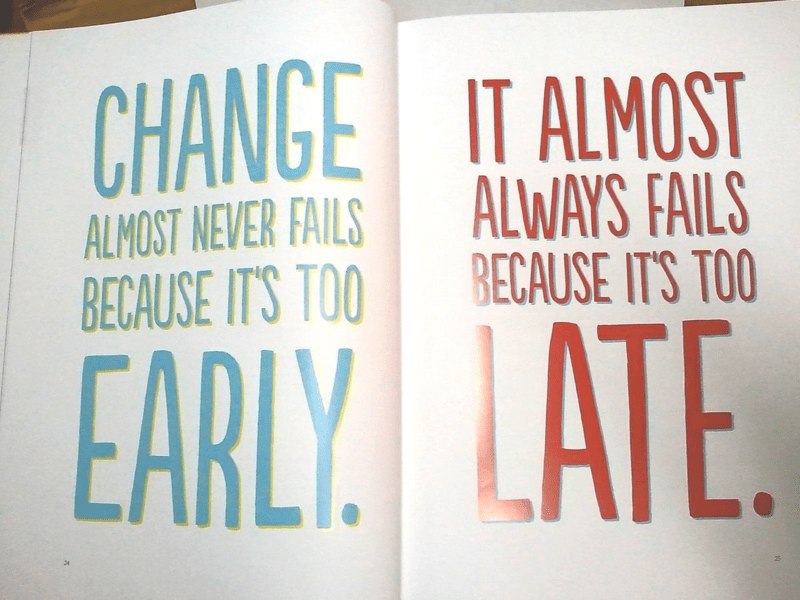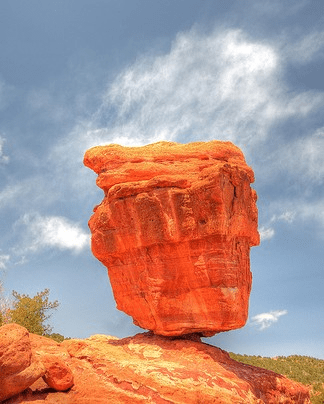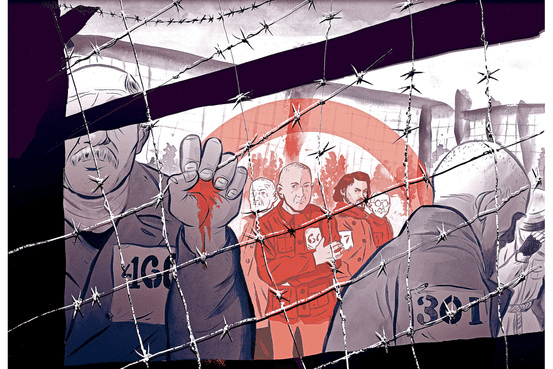
A Fool’s Paradise
We live in a media saturated, propagandized world. Everywhere I turn I encounter people who are living in fear. Paul Virilio, a decade ago, called this culture “the administration of fear.” If you live with fear, you won’t ask questions. Yet it is only in asking questions, in being skeptical, that we find truth. Not political truth which is mere propaganda as current situation proves. But the truth that we can live by.

The Transition Chronicles Debuts
We all live in a time of transition. It is different than just recognizing that change is happening. It is seeing that transition is a process along a path of change. The more we embrace the transitions that we are in, the more we can thrive in a time of uncertainty. The Transition Chronicles is an ongoing series of short books (5,000 to 12,000 words in length) that focus on various aspects of the transitions that we experience through the three dimensions of the Circle of Impact.

Change Early, Not Late
Four Responses to Change
There is a continuum of response to change. There are four responses along a spectrum with the extremes being destructive responses to change, and the middle two being more constructive. Let us call the destructive responses Change-Phobic and Change-Junkie and the constructive responses Change-receptive and Change-initiator.

Alignment and The Myth of Balance
In 1899, sociologist Thorsten Veblen published The Theory of the Leisure Class: An economic study of institutions. His research marked a growing phenomenon of people separating their personal life from their work life. Veben was the one who coined the often used term, “conspicuous consumption.” His research marked a growing tension between personal life and work life. This tension is at the heart of the quest for balance.
The balance between life and work, I’ve come to conclude, is an impossible standard. It is a measure of time and activity level rather than a measure of the value of either our life or work.
Ask yourself the following questions.
1. How do you know when there is balance between your life and work? Is it a 50/50 split?
2. If you were to achieve balance, what would be different? Is it simply that you would have more time to pursue your leisure time interests?
3. Presently, which side, life or work, is more out of balance? What is it specifically that tells me this?

“If we live in a state of constant fear, can we remain human?”
“You only have power over people as long as you don’t take everything away from them. But when you’ve robbed a man of everything, he’s no longer in your power–he’s free again.”
– In The First Circle, Alexandr Solzhenitsyn

